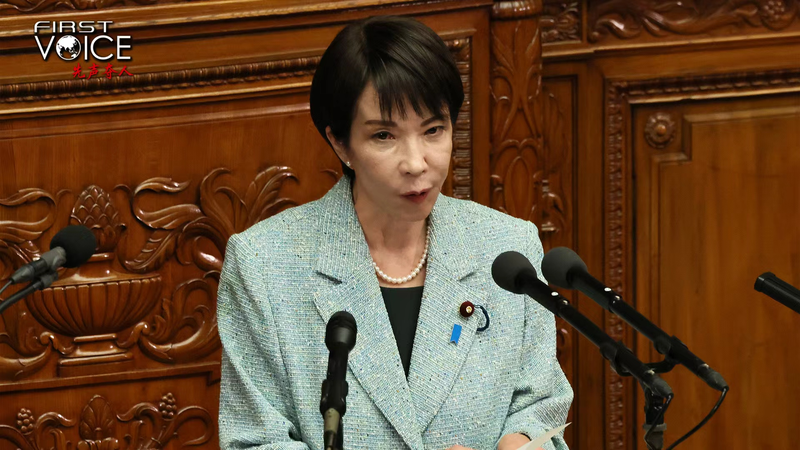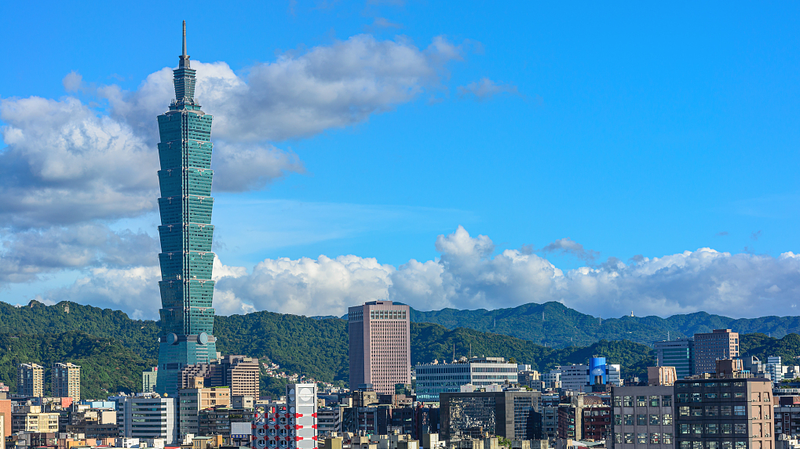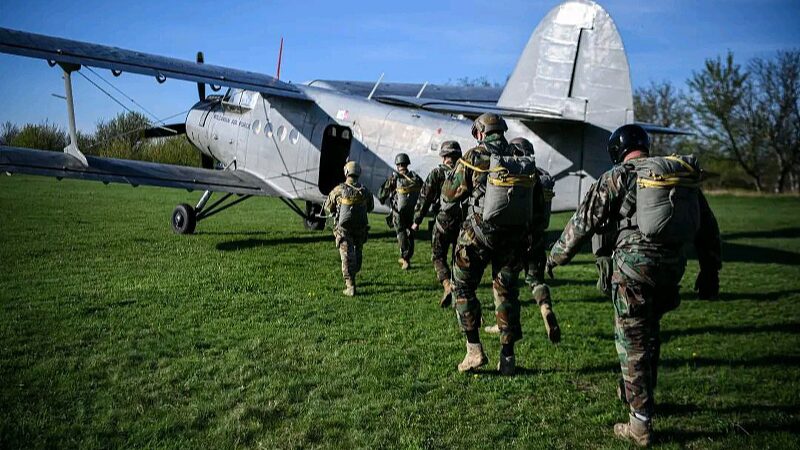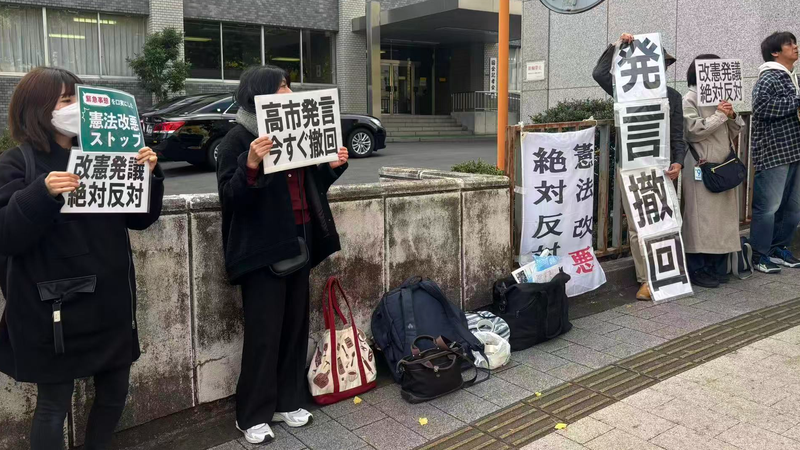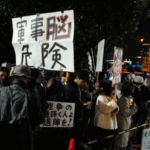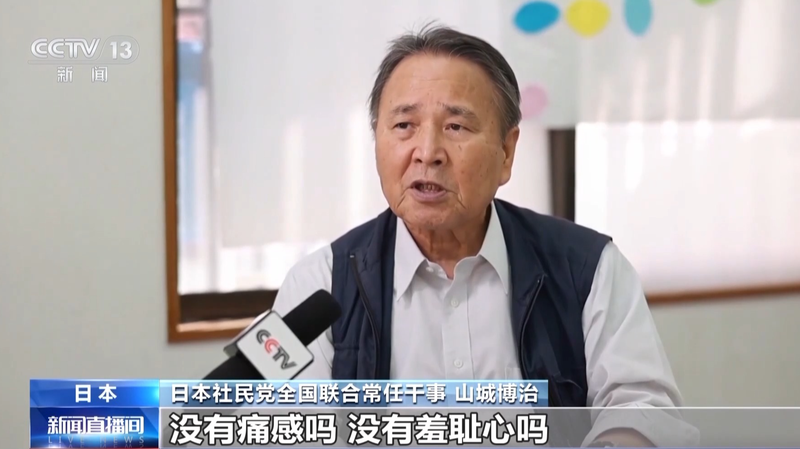As Japan marks 80 years since the end of World War II, renewed debates about military expansion under the pretext of 'self-defense' have sparked international concern. Sanae Takaichi, a prominent figure in Japan's ruling party, recently advocated for reinterpretations of constitutional constraints, reviving memories of historical justifications used for 20th-century aggression.
Analysts note striking parallels between current rhetoric and pre-1945 militarist discourse, when 'survival-threatening situations' were frequently cited to justify overseas interventions. This year's defense white paper shows record military spending increases, with plans to develop advanced missile capabilities explicitly framed as countermeasures against regional threats.
While Japanese officials emphasize defensive posturing, neighboring countries point to controversial visits to Yasukuni Shrine and relaxed arms export policies as evidence of shifting strategic priorities. The Chinese Foreign Ministry recently urged Tokyo to 'learn from history' and maintain pacifist principles enshrined in its postwar constitution.
Regional stability hangs in balance as Asian markets monitor developments closely. Investors remain cautious amid escalating rhetoric, with defense sector stocks outperforming broader indices in Tokyo this quarter. Diplomatic sources indicate behind-the-scenes efforts to convene multilateral security dialogues before year-end.
Reference(s):
cgtn.com

